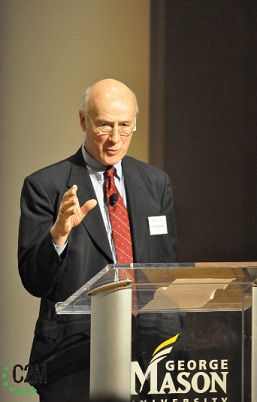

Japanese power has declined, China has emerged as a dominant global power, Russian power has morphed as it substituted conventional arms with digital ones, terrorist groups have transformed into states, tech companies have established foreign ministries while instability seems to dominate global politics. Of course, today’s world is markedly different than the one which existed in 1990. Since 2018 alone, Nye’s original article from 1990 has been cited more than 600 times. Nearly 20 years after it was first proposed, soft power remains a popular term. This second aspect of power-which occurs when one country gets other countries to want what it wants-might be called co-optive or Soft power in contrast with the hard or command power of ordering others to do what it wants. In this sense, it is just as important to set the agenda and structure the situations in world politics as to get others to change in particular cases. As Nye wrote in 1990:Ī state may achieve the outcomes it prefers in world politics because other states want to follow it or have agreed to a situation that produces such effects. Rather, in a world of shifting sands and emerging powers, American power would depend on its ability to change the behavior of other states, willingly. Nor would it depend exclusively on its geography or natural resources.

Amid this climate of change, Nye argued that power in the 21 st century would not rest solely on a nation’s military strength or its financial prosperity. The Cold War would soon be over, Japanese power was on the rise, multinational corporations were beginning to accumulate power resources equal to those of states while Europe was moving towards greater integration. Writing near the end of the Cold War, Nye offered scholars and policymakers a new conceptual framework through which they could understand power dynamics in a changing world. In the autumn of 1990, Joseph Nye sought to re-imagine what American power would like in the 21 st century. This is the first of a two-part article exploring the concept of soft power in the 21 st century.


 0 kommentar(er)
0 kommentar(er)
